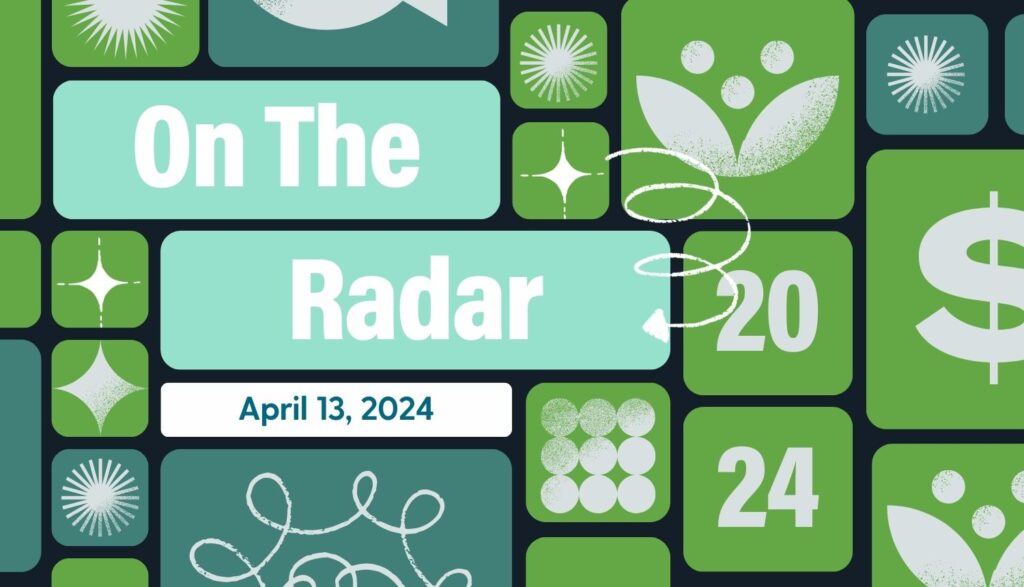Daily Exercise Proven to Aid Nightly Sleep, Among Other Benefits
What? A new study from the University of South Australia found that both children and adults with “higher levels of moderate to vigorous physical activity had less troubled sleep, reduced tiredness and better sleep quality.”
So What? Research shows that more than 70% of teenagers don’t get enough sleep at night. And another study published in Jama Network Open revealed that low cardiorespiratory fitness in adolescence is associated with decreased work ability and higher rates of work absence due to illness later in life.
Now What? Although screens are often blamed for poor sleep, these new findings suggest they aren’t the only culprit. Help your teens take control of their sleep health (doctors recommend 8 to 10 hours each night) by promoting factors that will encourage sleep: daily exercise (as noted here), a soothing sleep environment, and avoidance of screens, caffeine and heartburn-inducing foods before bedtime.
Meta Combatting Teen Sextortion Scammers on Instagram and Facebook
What? In response to FBI warnings about “sextortion” (adults posing as teenagers online in an attempt to entice victims—mostly teenage boys—into engaging in explicit activity, which is then recorded and held for ransom), Meta is testing new safety features on Instagram and Facebook.
So What? These tools, which are powered by AI, will be able to automatically detect nude photographs, blurring them and encouraging users to “think twice before sending.” The message will also tell them not to “feel pressured to respond” if they receive such images. These safety protocols will be “turned on by default” for users under age 18 globally, but adults will also be notified and encouraged to enable them.
Now What? Although this response shows the company’s growing concern “about the welfare of younger users on social media,” parents should know that these safety features only serve to warn teenagers, not stop them. So teens will still be able to send and receive explicit content if they choose. So be sure to talk to your kids about their online activity. Warn them about the dangers of sextortion, but also have a conversation about how “sexting” can affect their mental, physical, relational and spiritual well-being.
“Oatzempic” Is Trending on TikTok
What? “Oatzempic” or “Oatzympic,” a play on the medication Ozempic, is a fad diet trending on TikTok. The drink is loosely related to “oatmeal juice” or jugo de avena, a Latin American drink.
So What? Because of Oatzempic’s high fiber content, it’s being touted as a “weight loss hack.” But experts warn that skipping meals (as many adopters have since the drink makes them feel fuller for longer) is neither necessary nor sustainable for healthy weight loss.
Now What? The #OatzympicRecipe has been viewed on TikTok 14.5 million times. (And that’s not accounting for variations on the spelling.) So if your teen is one of those viewers—63% of teens report using TikTok—make sure they understand that fad diets such as this are not recommended by healthcare experts. Rather, encourage your child to eat a variety of healthy foods throughout the day. And encourage them to not skip meals since that can lead to feeling weak, lightheaded or dizzy.








3 Responses
I’m glad you’re promoting exercise as a way to get better sleep. The best way to get exercise, in my humble opinion, is to walk to and from school or to and from work if you’re close enough.
As far as Meta’s strategy goes, if they have algorithms that can detect pictures of naked people, they should not allow people to send, post or receive such images at all regardless of how old the user is.
Well said.
Another excellent article.